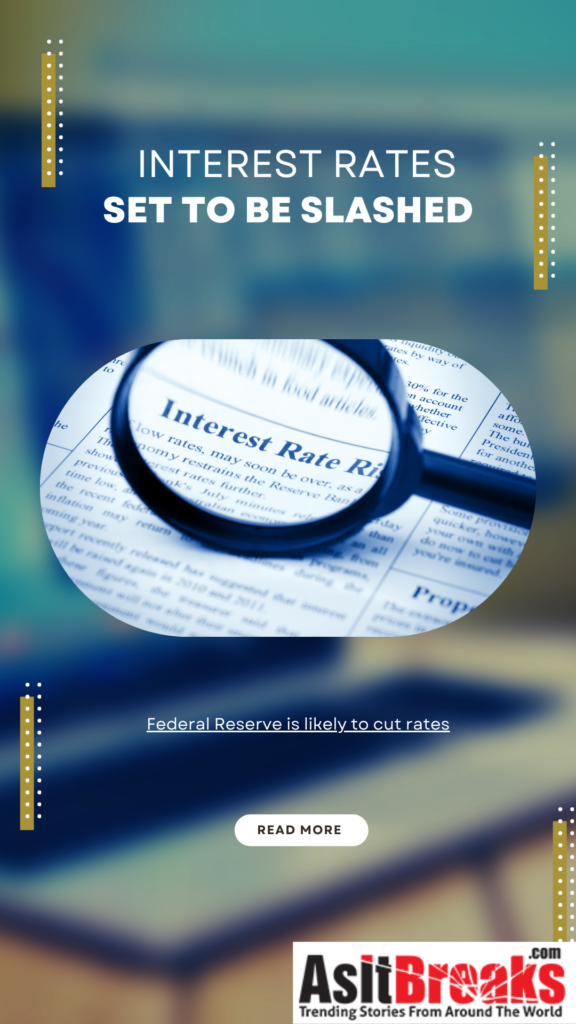The Federal Reserve is poised to reduce interest rates by another quarter percentage point at its December 18 meeting, marking the third consecutive cut since September and potentially its last reduction for the near term, according to financial analysts.
The anticipated cut would lower the federal funds rate to a range of 4.25% to 4.50%, down from its current 4.50% to 4.75% level. This adjustment follows the central bank’s cautious approach to recalibrating policy after aggressive rate hikes during the 2022 inflation surge.
“This could be the last cut for a while,” said Jacob Channel, senior economic analyst at LendingTree, citing potential uncertainty surrounding President-elect Donald Trump’s upcoming fiscal policies.
The impact of these rate adjustments varies across consumer financial products. Credit card holders may see modest relief, though with a delay of up to three months, according to Greg McBride, Bankrate’s chief financial analyst. Current credit card rates average 20.25%, near historic highs.
Mortgage rates, which are primarily influenced by Treasury yields rather than Fed policy, currently average 6.67% for a 30-year fixed loan. These rates have declined from recent peaks but remain above September’s low of 6.08%.
Auto loan rates, now averaging 7.59% for a five-year new car loan, are unlikely to see significant changes from the Fed’s action. High vehicle prices continue to drive large monthly payments, averaging around $40,000 in total financing.
For savers, high-yield online savings accounts continue to offer attractive returns near 5%, though these rates may gradually decrease with further Fed cuts. “This is still a good time to be a saver and a good time for cash,” McBride noted, adding that competitive yields remain ahead of inflation.
Student loan borrowers with federal loans won’t see immediate changes, as these rates are fixed. However, private loan holders with variable rates may benefit from the reduction, though refinancing federal loans into private ones means forgoing federal borrower protections.
Brett House, economics professor at Columbia Business School, emphasizes that while the rate cut “will exert some margin of easing of financial pressure,” its impact won’t be uniform across all consumer lending categories.


